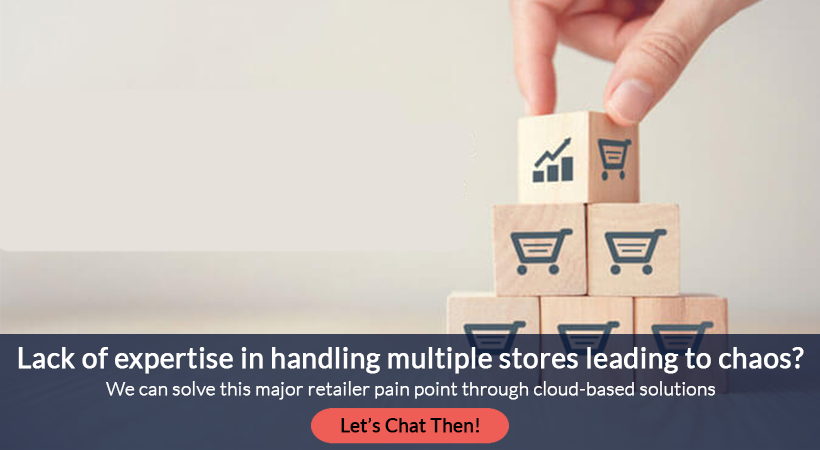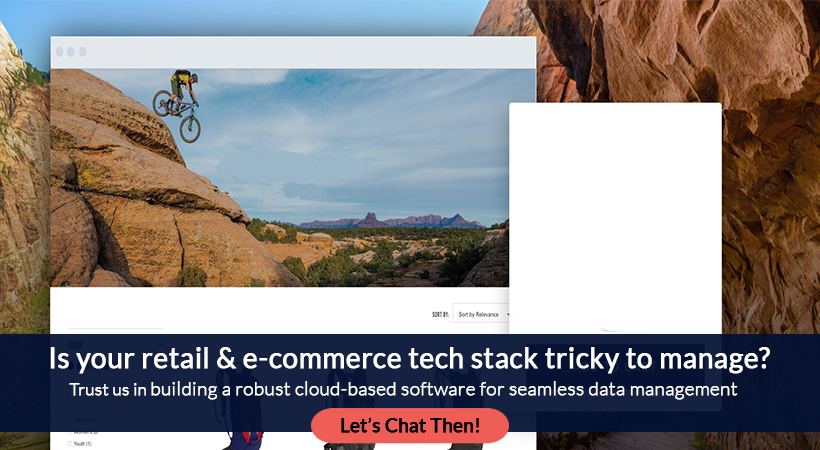The global economy is rising, and demand for customized products is increasing, transforming the manufacturing industry from a seller’s market to a buyer’s market.
In this regard, Industry 4.0-enabled smart manufacturing is transforming the entire production cycle of enterprises that specialize in various types of products.
On the one hand, the introduction of cloud computing and social media broadens the scope of the customer experience, but cyber-physical system technologies enable industries to adjust the production cycle in real time to meet the needs of customers.
In this context, “retention” marketing techniques are geared not only at acquiring new consumers but also at increasing the profitability of existing ones enable industries to employ specialized production strategies in order to maximize revenue.
This is accomplished by the analysis of numerous types of data gathered from customers, products, and purchases, among other sources. Kilowott can actually help businesses retain customers via cloud-based loyalty programs within Industry 4.0.
The focus of this article is on customer retention via cloud-based loyalty programs.
Kilowott proposes a cloud-based ‘software as a service’ architecture that stores and analyses massive data on purchases and product rankings to offer customers with a list of recommended products.
Experiments can be centered on a human-to-machine workflow prototype for customer pre-selection in both private and hybrid cloud environments.
“Industry 4.0 Switches Gear”
Industry 4.0 is now being revolutionized by developing technologies such as the Internet of Things (IoT), Big Data Analytics, Artificial Intelligence, Advanced Robotics, and 3D printing, which are enabling faster smart factory deployments globally.
According to a recent market analysis, smart factories are expected to generate $500 billion in value by 2022.
Smart manufacturing, which involves interactions between humans, machines, and products, is becoming a hotly contested business.
Despite its importance in Industry 4.0, smart manufacturing faces a number of challenges, including structural, operational, and managerial independence from shops and enterprise constituent systems, plug and play, self-adaptation, reliability, security, energy-awareness, high-level cross-layer integration and cooperation, event propagation and management, and industrial big data analysis.
In this setting, the global economy is developing, and demand for customized products is increasing, transforming the manufacturing industry from a seller’s market to a buyer’s market.
Smart manufacturing is, in reality, transforming the entire production cycle of enterprises that specialize in various types of products.
On the one hand, the introduction of social media has made customers’ experiences more inclusive, while on the other hand, Cyber-Physical System (CPS) technologies enable industries to adjust the production cycle in real time to meet the wants and preferences of customers.
This article focuses on a method for strengthening cloud-based loyalty programs for clients, which is one of the most important retention marketing methods.
Its goal is to increase the profitability of existing clients as well as acquire new ones.
A customer loyalty program, on the other hand, poses two major obstacles for a multinational corporation: massive data storage and analytics.
To accomplish this, Kilowott proposes a cloud-based Software as a Service (SaaS) architecture capable of storing and analyzing raw big data (including customer, sales, and product information) in order to provide customers with a list of potential recommended products that may be of interest, thereby increasing existing customer profitability.
We concentrate on the huge data storage problem in the context of a user-driven Human to Machine (H2M) workflow that is necessary to pre-select candidate clients for the loyalty program.
Experiments using an event bus coupled to a NoSQL database show that our method can be effective in both hybrid and private cloud settings.
Cloud-based Loyalty Programs Are For Customers
Industry 4.0 is a new trend that combines Cloud computing, Cyber Physical Systems (CPSs), Internet of Things (IoT), and big data analytics technologies to create new production automation and data exchange opportunities.
Companies can manufacture new added-value items that can swiftly reach the market for sale in numerous areas thanks to Industry 4.0.
Industry 4.0 is reshaping businesses and the economy, with significant implications for design approaches in the areas of qualifications, leadership, and demographically resilient work. Our vision is to strategize and operate a framework for implementing Industry 4.0, as well as new opportunities, scenarios, and applications.
Companies often spend a lot of time and money acquiring new customers, but they would go out of business if they didn’t have effective client retention tactics.
Maintaining consumer interest in your product or service improves your return on investment and is less expensive than attracting new customers.
In fact, keeping a customer costs 5 to 25 times less than acquiring a new one. This helps you to concentrate your efforts and resources on delivering the greatest possible product.
Customer retention is greatly aided by powerful cloud-based billing technologies. These solutions let you give genuine value to your consumers by giving them the flexibility they want and providing clearer, more accurate invoices.
Kilowott’s expertise in delivering omnichannel solutions also includes a cloud-based billing software. Let’s look at how a solution like that can solve client retention issues and provide the following client retention advantages:
- Build Lasting Relationships
Billing is possibly the most delicate aspect of a business relationship—a client must trust that they are being appropriately invoiced and that their money is being well spent.
This confidence can be harmed if the billing procedure does not run well.
A solid billing system, on the other hand, provides numerous lines of defense against potential snags. A smart billing solution lends itself to seamless transactions on an ongoing basis and may support any business model, from customizable pricing, billing, and payment options to automation of recurring billing.
Cloud-based billing platforms can improve customer relationships by integrating directly with Customer Relationship Management (CRM) resources in real-time, allowing your support team to quickly identify and resolve billing issues as they arise, retaining customers who might otherwise churn.
Your contacts with customers should, at the end of the day, make their lives easier. An agile billing platform can help you simplify your price options and automate invoicing and payment processing for your customers. Customer loyalty is bolstered by such an experience.
- Increased Positive Interactions
As previously mentioned, billing is a delicate subject and a crucial point of contact for clients.
While a cloud-based billing system might help eliminate customer service concerns, they are occasionally unavoidable. Billing platforms respond well to such issues, offering both proactive and reactive strategies for resolution.
Customers can be notified of future due dates, expiring credit cards, or failed payments through automated e-mails or alerts. When well-crafted, such communications inform customers and provide speedy solutions.
These billing solutions are designed to reduce churn by sending out customer notifications and using deceptive payment practices. If a customer payment fails, for example, a smart billing solution can be trained to notice the failure right away and contact the consumer for a rapid fix.
Expiring credit cards can also be updated proactively and automatically using cloud-based billing management. This is accomplished by simply emailing a reminder of the forthcoming due date, along with a request for a new payment method before it expires.
Additionally, the notification can include a link to the billing solution’s client interface, where the information can be quickly corrected.
Customer portals are a fantastic feature that comes standard with better billing solutions. Customers can gain direct access to their transaction history, amounts due, and use data by integrating a dynamic platform.
A comprehensive customer site also enables users to make payments and enhance their subscription without needing to contact customer service. Customer satisfaction and retention remain high as a result of these streamlined experiences.
- Improved Customer Insights
The advantages of employing a cloud-based billing software extend beyond your company’s customer-facing operations. Internal processes are aided by some of the most powerful capabilities.
Sophisticated billing systems provide your organization with insights into the customers’ experience by collecting use data and generating reports.
This detailed view into each customer’s experience aids the CRM team. They can dive into how clients utilize the items using the associated usage data and provide upgraded packages to better meet the customer’s demands.
Tracking revenue changes following new product launches benefits developers, marketing, and sales, providing statistical data on a new product’s success. This allows you to iterate on the best product possible indefinitely.
Billing that is sophisticated helps team members to concentrate their efforts on other aspects of the organization. These billing systems also aid your business’s ability to stay competitive. Improved processes ensure that your business attracts and retains loyal clients who want to continue utilizing your product.
Kilowott Can Deliver
Kilowott’s cloud-based billing system can help you optimize internal procedures and increase customer communications, allowing you to cultivate the relationships that are important for client retention.
It encourages long-term relationships with customers by fostering customer loyalty through excellent performance and great experiences. You may acquire insights into every aspect of your business, from product creation to customer success, using our data collecting and reporting services..








